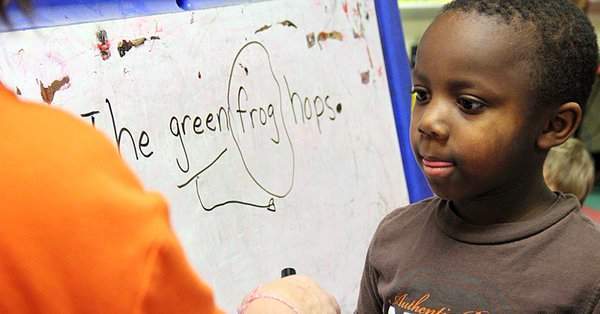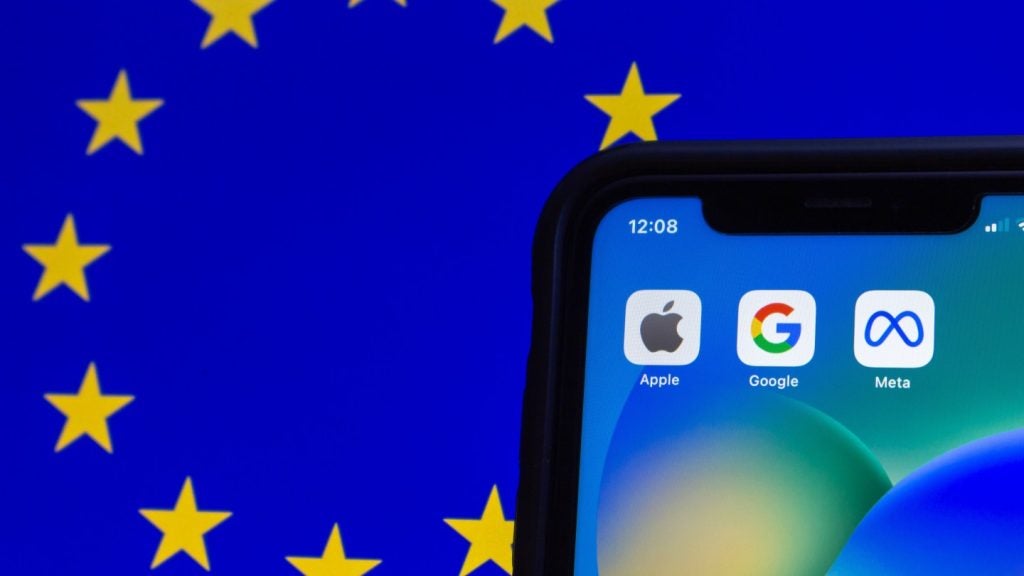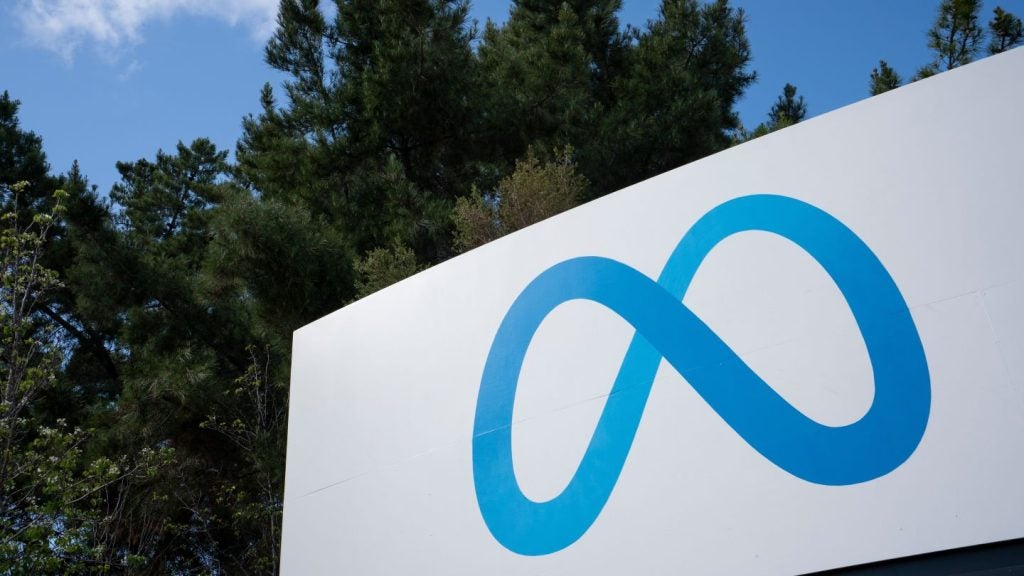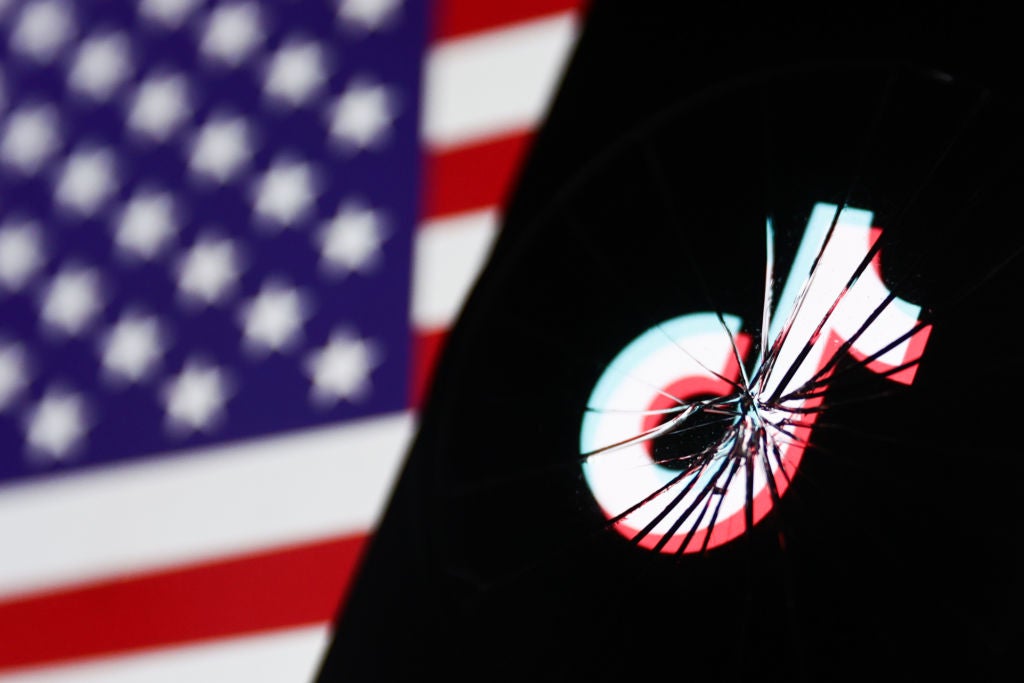
Five startups will trial their various projects in Tanzania next month as part of Global Learning XPrize, an international competition to create educational software for children in developing countries.
In sub Saharan Africa, 48m youths aged between 15 to 24 are illiterate and 30m primary aged children are not in school, according to the African Library Project.
XPrize has partnered with the United Nations’ Educational, Scientific and Cultural Organization (Unesco), the World Food Programme (WFP), and the Tanzanian government to run the scheme.
The goal for all competition entrants is to create an open-source Android tablet app that enables children aged between seven and ten with little or no access to schooling the chance to learn basic reading, writing, and arithmetic without adult assistance.
XPrize announced the five finalists in October.
From December, as many as 4,000 children in 150 villages across the Tanga region of Tanzania will use 8,000 Pixel C tablets donated by Google to test the five different software solutions for a 15-month period.
How well do you really know your competitors?
Access the most comprehensive Company Profiles on the market, powered by GlobalData. Save hours of research. Gain competitive edge.

Thank you!
Your download email will arrive shortly
Not ready to buy yet? Download a free sample
We are confident about the unique quality of our Company Profiles. However, we want you to make the most beneficial decision for your business, so we offer a free sample that you can download by submitting the below form
By GlobalDataThe team responsible for creating the software which results in the greatest improvement in the children’s reading, writing and arithmetic skills will be crowned the winner.
Verdict spoke to two of the finalists.
Onebillion
Onebillion, a UK entrant, aims to transform the education of marginalised children in India, Uganda, Malawi and beyond.
Jamie Stuart, chief technology officer at Onebillion, is a British citizen who lives in Nairobi.
He told Verdict that being involved in the XPrize competition will allow his team to focus closely on how children use his company’s software “in what will be one of the biggest trials in the world of autonomous learning”.
The trial in Tanzania is so important because it fits into Stuart’s wider vision — helping young people acquire vital skills.
“There are one billion children around the world who aren’t obtaining even basic standards in reading or numeracy. The impact that this has on children when they grow up is huge. They can’t handle money properly, they can’t open themselves up to the world of history, geography, literature, or problem-solving. There are fundamental building blocks that these children around the world are missing out on. We believe that education technology has a very serious role to play in getting those children the skills they need,” he said.
Stuart and his team will be looking closely at how the children interact with the Onebillion program on the tablets during the trial phase.
They will be measuring both how the children use the software and also how they perform over time.
In the field trial in Tanzania, the children don’t go to school, so effectively the tablet is one of their only method of learning. Do they spend six hours a day using it? Do they think it’s a pile of junk or do they want to use it and engage with it? You have this nice shiny tablet packed with activities but there’s any number of reasons why the child might not use it. It has to be fit for purpose.
The software itself works for children of varying abilities, Stuart explained:
The software is personalised to a child’s needs so if he or she is struggling to grasp a particular syllable sound we can bring back revision material to improve their understanding of that particular syllable. You can’t do that in a conventional classroom, where the teacher is dragging most pupils along at the same speed.
Robotutor
Pittsburgh-based RoboTutor is a learning app available in both Swahili and English launched by Carnegie Mellon University.
Professor Jack Mostow is leading the team for its XPrize project to leverage the institution’s research into speech recognition, machine learning, educational data mining and cognitive psychology.
“Educational data mining is something I’ve been working on for years. This is what we consider fun — building and improving an intelligent tutor,” Mostow told Verdict.
While not on the same scale as the imminent Xprize trial, the RoboTutor team have already examined how children in poverty-stricken regions in Africa respond to the software.
Mostow said that what emerged through observation was just how unfamiliar the children were with tablet technology and how much they relied on guidance from an adult.
The kids just didn’t know how to tap on a touch screen. Some of them would also sit for 45 minutes with the tablet doing nothing, waiting for an adult to tell them what to do. The culture there is authority-driven so unless the teacher told them to do something they would just sit there.
Mostow explained how the touch screen issue was rectified:
Now we have a tutorial about how to tap — one is just an animation and another is a video showing me tapping on something with a voiceover.
However, he hopes that the XPrize trial will illuminate other ways that the software can be improved, including how best to encourage children to collaborate with one another when they use RoboTutor.
“Collaboration is an opportunity and I’m trying to think about how to exploit that opportunity without losing the individual element of RoboTutor,” he told Verdict.
The winner of the Global Learning XPrize competition will be announced in April 2019.







